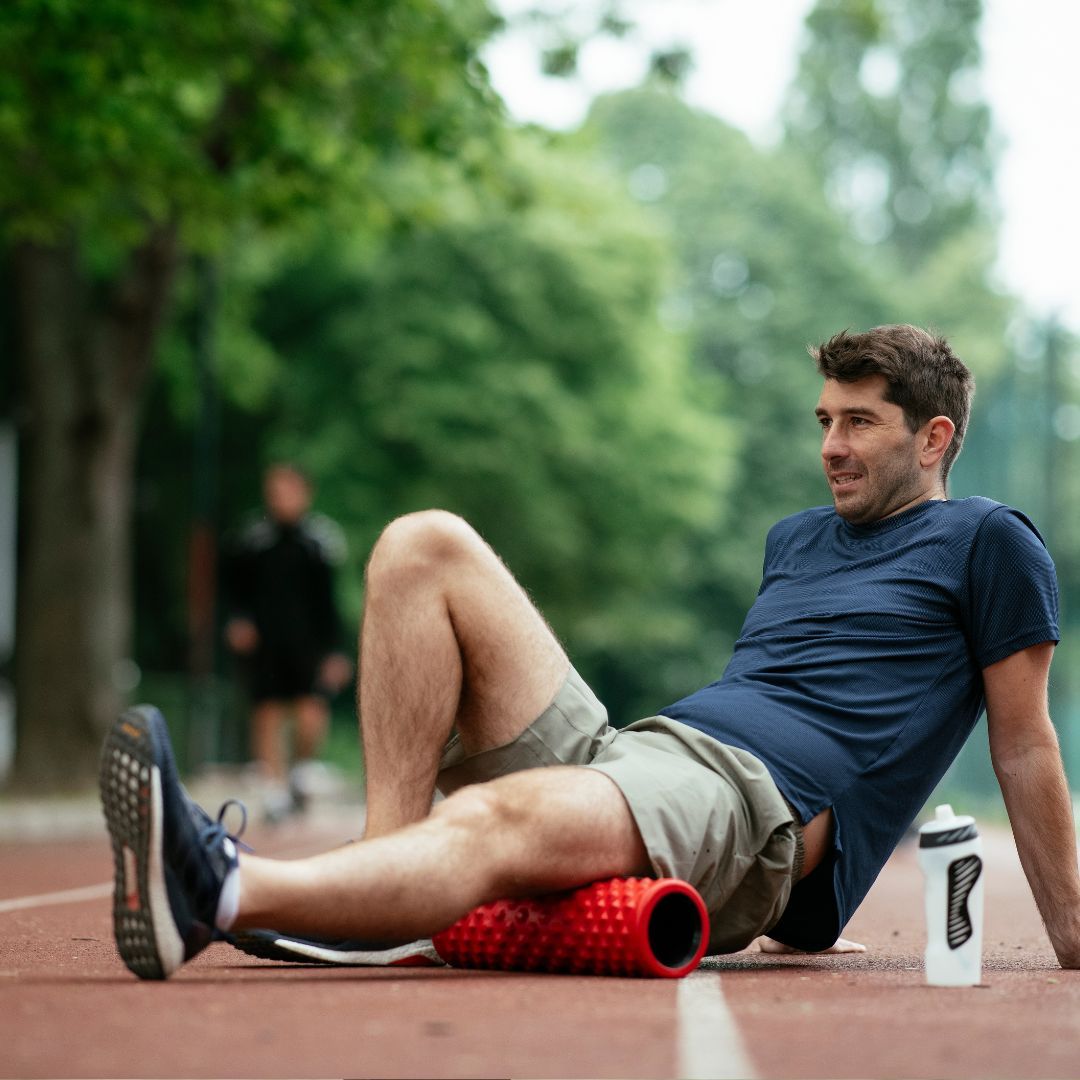Overcoming plateaus in running
Running, while rewarding, can be a challenging journey.

Running, while rewarding, can be a challenging journey. It's a path filled with victories and personal bests, but also periods of stagnation known as plateaus. These plateaus, where progress seems to halt despite continued effort, can be frustrating and disheartening. However, they're a normal part of any running journey, and the key to overcoming them lies in understanding why they happen and how to navigate through them. Here are some tips and techniques for breaking through those stubborn running plateaus.
First, it's important to understand that plateaus are a natural part of the body's adaptation process. Our bodies are remarkably efficient machines, designed to adapt to stresses and conserve energy. When you first start running, your body is challenged by the new demands and responds by growing fitter, faster and stronger. But over time, as your body adapts to the routine, progress can slow down or even stall.
One of the most effective ways to overcome a plateau is by changing your running routine. This concept, known as "muscle confusion," suggests that by varying your run sessions in a structured and planned manner, you can prevent your muscles and cardio-vascular system from becoming too accustomed to the same movements. A good coach will know how to progress your sessions to ensure continued adaptation.
Another effective strategy for overcoming plateaus is to incorporate periodisation into your training program. Periodisation involves structuring your training into distinct phases, each with specific goals and training techniques. This can help ensure balanced development and prevent overtraining, a common cause of plateaus. Once again, a good coach who understands the science behind periodisation should already be including this in your program.
Nutrition also plays a crucial role in running and overcoming plateaus. Consuming the right balance of protein, carbs, and fats is essential for muscle recovery and growth. If you've hit a plateau, it might be worth reassessing your diet. Are you getting enough protein to support muscle recovery? Are you consuming enough calories overall? Working with a sports nutritionist such as myself can help you optimise your diet for your training goals.
Rest and recovery are equally important. Without proper rest, your body can't recover and grow fitter and stronger. Make sure you're giving your body enough time to recover between runs. If you're constantly feeling fatigued, it might be a sign that you are heading into overtraining. Check out my eBook on recognising overtraining here<< Incorporating active recovery days, where you engage in light activities like walking or yoga, can also help promote recovery without completely halting physical activity.
Sleep is another crucial component of recovery. It's during sleep that most muscle repair and growth occurs, thanks to the release of human growth hormone (HGH). So, if you're skimping on sleep, you're shortchanging your running gains. Aim for at least 7-9 hours of quality sleep each night.
Don't overlook the power of mindset in overcoming plateaus. It's natural to feel frustrated when progress stalls, but maintaining a positive, patient mindset can make a big difference. Remember that progress isn't always linear. There will be ups and downs, but each step - even the seemingly stagnant ones - is part of your fitness journey.
Sometimes, working with a qualified coach can provide a fresh perspective and help you break through plateaus. They can assess your current program and make modifications to help stimulate progress.
Lastly, listen to your body. Running plateaus can sometimes be a sign that your body needs something different. Maybe it's a change in routine, maybe it's more rest, or maybe it's a tweak in your diet. By paying attention to how your body feels and responds to different changes, you can gain insights into what it needs to break through the plateau.
In conclusion, overcoming plateaus in running is a multifaceted process that involves changing up your routine, incorporating periodisation, optimising your nutrition and recovery, maintaining a positive mindset, and possibly seeking guidance from a professional coach, like myself. Remember, everyone experiences plateaus at some point, but they're not a dead-end. They're just a part of the journey towards greater fitness. With patience, persistence, and the right strategies, you can overcome them and keep making progress towards your goals.










